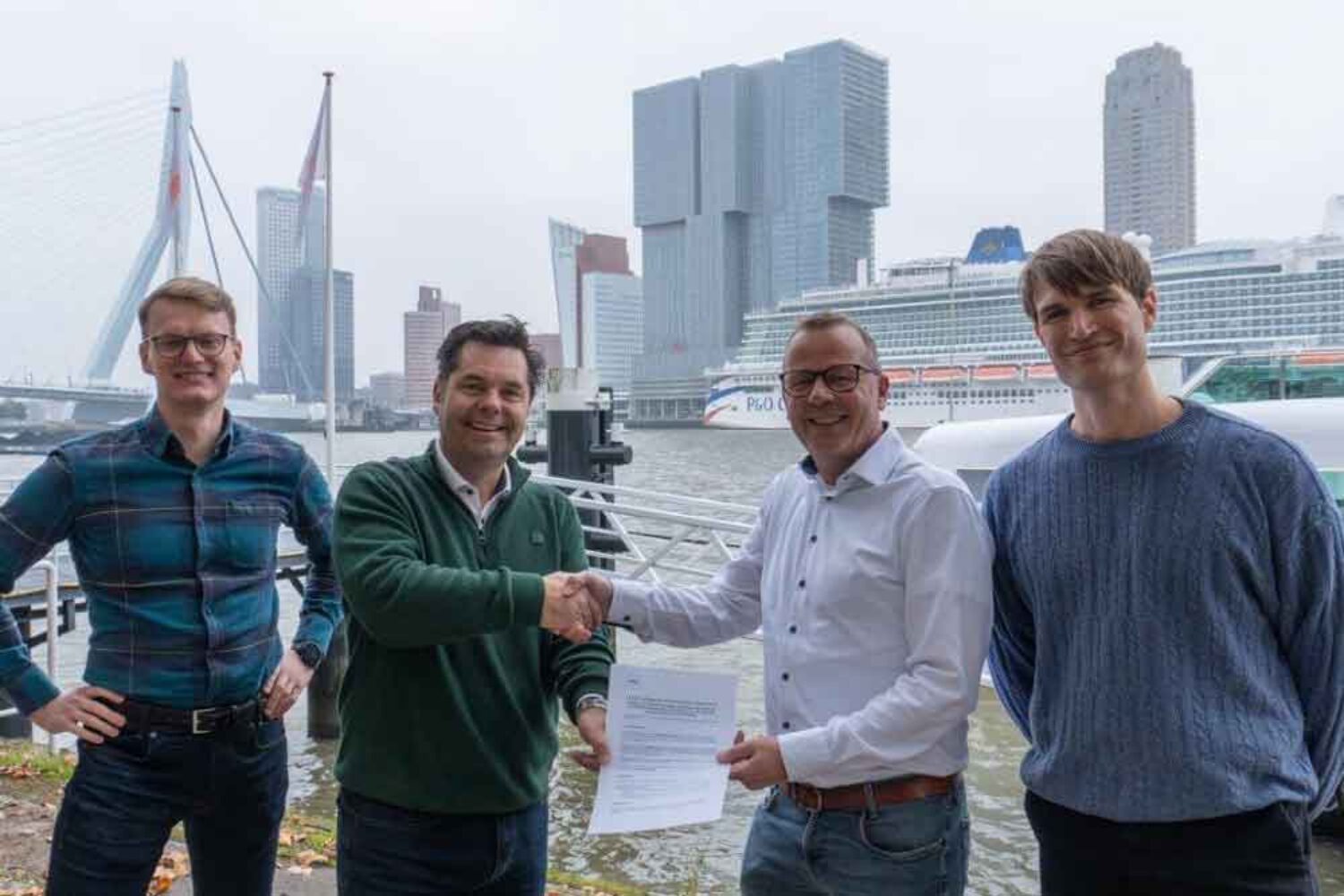The certification institute LRQA (formerly part of Lloyd’s Register) has approved an emissions reporting module from the Dutch company Shipping Technology and issued an ISO certificate.
The technology is designed to calculate CO2 emissions from inland and coastal motor vessels and convert them into a clear and easily understandable unit.
Both the process for collecting ship data (engines, generators, fuel, bow thrusters, boilers, etc.) and the way in which the software calculates CO2-emissions per ton of transported cargo and kilometres have been validated. In the future, shipowners and inland shipping companies will be able to use the Shipping Technology BRAIN for automated reporting.
Automated procedure from Shipping Technology
The industry standard ISO 14083 specifies how CO2 emissions are to be calculated so that all companies in a production and transport chain use the same method. Only if all partners in a chain calculate in the same way can meaningful information be provided about the emissions associated with the delivery of a product at the end of the chain.
Shipping Technology has developed an automated method to calculate the emissions of inland vessels and convert the collected data into a unique unit: the amount in grams of CO2 per transported ton and kilometre. This method has now been validated. Customers and regulators can now be provided with verified emissions data at the touch of a button—per voyage and/or in a specific time period.
Data can be used immediately
“This is a big step for us,” says Tom Boerema, CTO of Shipping Technology. “It will now be even more interesting for our current customers to use more functions of the ST BRAIN. The ST BRAIN is the hardware on which all our software modules run, such as an autonomous lane assistant, efficiency, accident reconstruction, safety and more.”
The BRAIN is designed as a comprehensive “black box” that collects data about the ship, its engines, fuel used, trip duration, speed and more. This data is processed in such a way that it immediately provides the captain, the shipowner, the end customer or the insurance company with useful data. “To my knowledge, we are the only company in Europe that can immediately present a vessel’s measurement data in a usable, meaningful way and with a validated result,” said Boerema.
Shipping Technology’s emissions reporting module is potentially an important future tool for ship owners to comply with the European Union’s CSRD (Corporate Social Responsibility Directive) and ESG (Environmental, Social and Governance) regulations. The technology is designed to enable efficient sailing and fuel savings while minimizing administrative and control costs.













